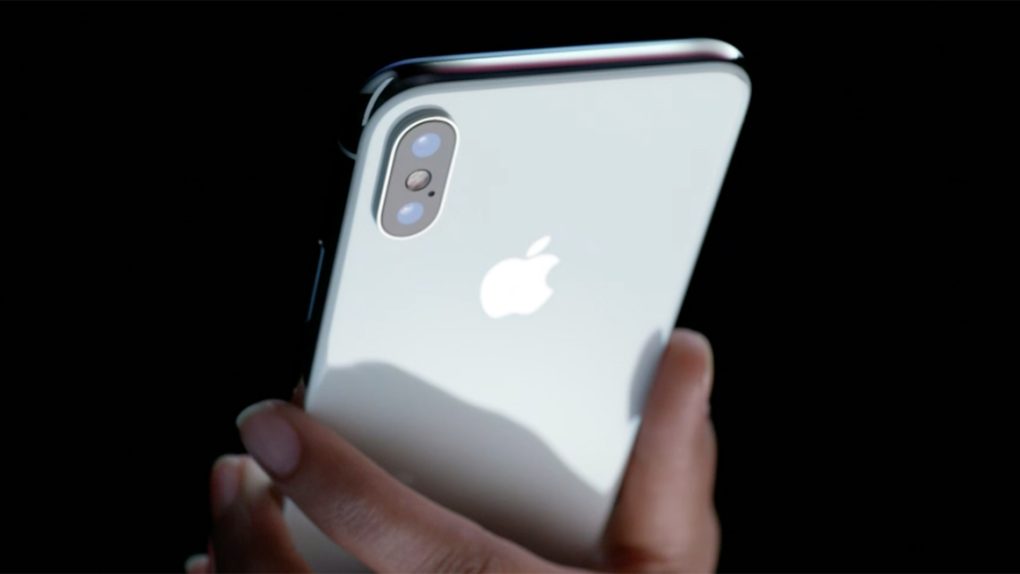We’re now just hours away from Apple’s big iPhone X release, which Apple fans have been eagerly anticipating for months. Considering the iPhone lineup hasn’t had any major design changes since 2014, the wait has actually been far longer than that. Despite some early complaining focused on the iPhone X’s lack of Touch ID and the “notch” at the top of its display, early sentiment appears to be overwhelmingly positive. The iPhone X’s new (almost) all-screen design, OLED display, and upgraded camera have diehard Apple fans giddy with excitement. In fact, it’s not just diehard fans who are excited. By some estimates, about 40 million people preordered Apple’s iPhone X and will take delivery between November 3rd and mid-December.
Apple redesigned its iPhone X from the ground up, both inside and out. In fact, apart from the Apple logo on the back of the phone, the iPhone X bears almost no resemblance to any iPhone that has come before it. There are some things that have remained consistent on the iPhone X though, and Apple’s focus on providing a best-in-class camera experience is one of them. Interestingly, however, a new report from the world’s top Apple insider suggests next year’s iPhone X successor could fall behind top Android rivals in this key area.
KGI Securities analyst Ming-Chi Kuo has an outstanding track record when it comes to unreleased Apple devices. His coverage of the iPhone X ahead of its release was among the most accurate reporting their was on Apple’s unannounced tenth-anniversary iPhone. In fact, the only major thing he reported that was refuted was his claim that Apple initially wanted to include both Touch ID and Face ID in the iPhone X. He was the first to accurately report that the phone would ditch Touch ID all together, but Apple has since claimed that it never intended to include Touch ID in the phone.
With the iPhone X announcement behind us and the device’s release just hours away, Kuo has now turned his attention to next year’s iPhone X successor (or successors). He has issued a pair of reports already that were focused on Apple’s 2018 iPhones, and now he’s back with new claims.
In a note to clients seen by Apple news blog 9to5Mac, Kuo claims that next year’s iPhone X successor will use the same six-element rear camera as the component found on the iPhone X. Earlier chatter had suggested that Apple planned to shift to an upgraded unit with glass lens elements, Kuo’s trustworthy sources say Apple is sticking with its current six-element plastic lens.
Why is this interesting? Apple had been a clear leader in mobile photography for years before Android rivals finally started to catch up. Now, in 2017, there are some Android phones that arguably have even better cameras than Apple’s flagship iPhones. The iPhone X camera has not yet been put to the test but users, but there are a handful of Android phones with cameras that have been rated higher than the camera on the iPhone 8 Plus. The iPhone X could end up tipping the scales back in Apple’s favor, but it now seems like next year’s iPhone X successor or successors may only feature software updates. That could leave the door open for Android devices like the Samsung Galaxy S9, Samsung Galaxy Note 9, and Google Pixel 3 to leap ahead of Apple’s iPhone lineup in this key area.








